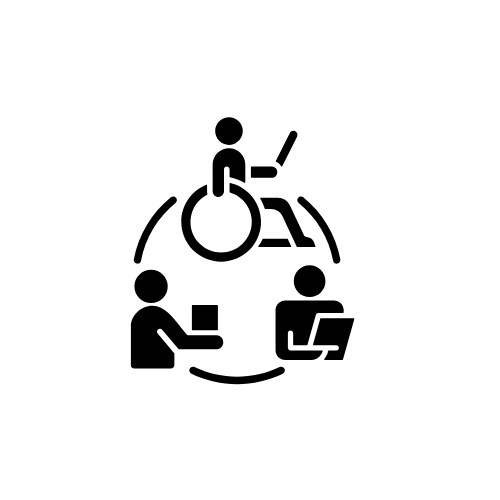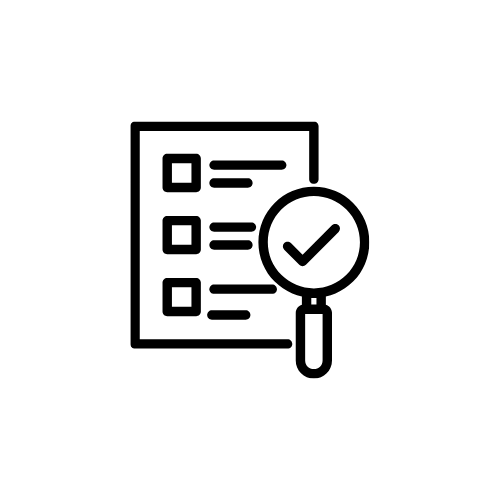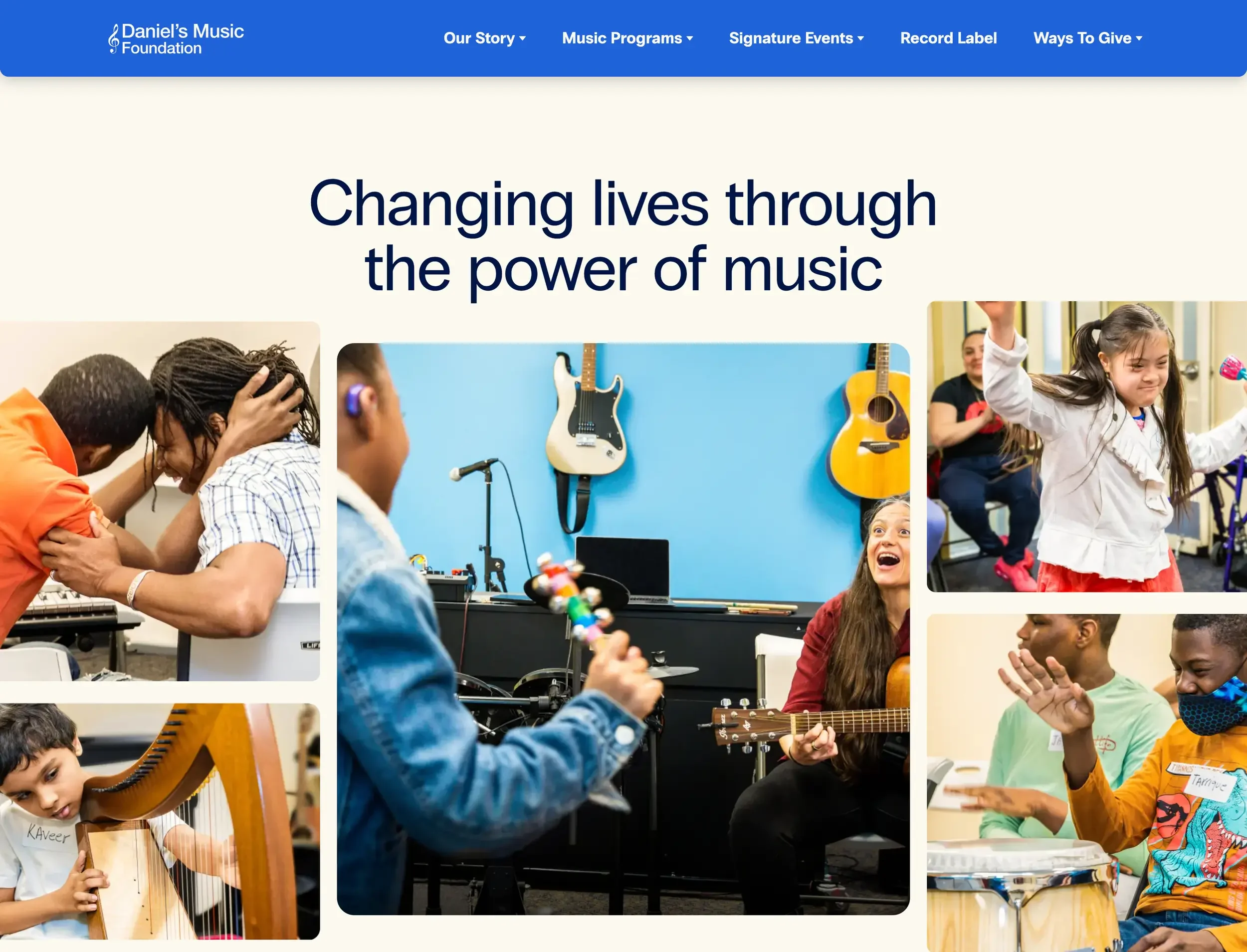
Your Partner in Public Sector Accessibility
Simplify accessibility for public websites and protect your agency from risk while improving user experience.
Why Accessibility Matters for the Public Sector
Government services must work for everyone. Yet for millions using assistive technology, basic online tasks — like filling forms or paying bills — can be inaccessible.
Inclusive Web helps state and local agencies make websites, portals, and digital tools ADA and WCAG compliant, ensuring equal access, transparency, and trust for all citizens.
About Public Sector Accessibility
Expand Access and Ensure Compliance
Accessibility builds inclusive, trusted, and compliant digital experiences for all residents.
-

Equal Digital Access
Ensure that all citizens — including those using screen readers, voice navigation, or adaptive keyboards — can engage with public services easily and independently.
-

Automated Accessibility Testing
Managing hundreds of web pages? Our tools automatically scan large government sites for accessibility issues, helping teams identify and resolve common barriers quickly.
-

Compliance Made Simple
Meet ADA, Section 508, and WCAG standards through structured audits, easy-to-read reports, and prioritized action steps designed for busy government IT teams.
-

Stronger Public Trust
Accessible digital experiences foster inclusion, transparency, and confidence among citizens — demonstrating your agency’s commitment to equal participation.
Empower every department to deliver accessible, citizen-focused digital services.
Role-Specific Learning:
From developers maintaining portals to communications teams posting updates — every department learns what matters most to their function.
Guided by Real Experience:
Our trainers include experts with lived experience using assistive technology, bringing empathy and real-world insight to each session.
Interactive and Practical:
We go beyond theory — teams practice testing real forms, scanning pages, and fixing issues that impact daily citizen engagement.
Compliance-Focused, Impact-Driven:
Aligned with Section 508, ADA, WCAG 2.2, and local government standards — ensuring every department meets both legal and ethical responsibilities.
Training That Meets You Where You Are
Case Studies
Click to read more about how Inclusive Web helped audit and implement accessibility best practices for each of the case studies below.
Why Accessibility Matters for the Public Sector
We help public organizations build inclusive digital environments that empower every citizen to engage confidently.
-

Real-World Student Testing
We test forms, portals, and content workflows using assistive technologies to uncover barriers that automated tools might miss.
-

Comprehensive ADA Audits
We identify accessibility gaps across government websites and applications, providing step-by-step remediation guidance to meet ADA and Section 508 standards.
-

Scalable Accessibility Solutions
Whether you manage a single city website or hundreds of government portals, our scalable testing systems adapt to your infrastructure and resources.
-

Ongoing Compliance Support
Stay compliant with continuous monitoring, accessibility alerts, and post-remediation reviews — ensuring sustainable accessibility over time.
Don’t Get Fined.
Download Our FREE
Disability and Inclusion Imperative
Contact Us for Accessibility Support
We are experts in helping companies create world class digital experiences for people with disabilities.
Address : 215 W 90th St, New York, NY 10024
Phone : (866) 870-7232
Follow Us:
Request a free quote
-
Digital accessibility ensures that everyone — including people with disabilities — can use government websites, applications, and services independently. It removes barriers in communication, online forms, and navigation that often exclude millions of citizens.
-
Public sector websites serve all citizens, including those with visual, auditory, or motor disabilities. Accessibility ensures fair participation, enhances transparency, reduces legal risk, and promotes trust in public institutions.
-
In the United States, Section 508 of the Rehabilitation Act and the Americans with Disabilities Act (ADA) set standards for digital accessibility. Globally, WCAG (Web Content Accessibility Guidelines) provides the framework for compliance.
-
Unlabeled form fields, missing alt text, low color contrast, inaccessible PDFs, and poor keyboard navigation are among the most frequent issues. These can prevent citizens from submitting forms, paying bills, or reading essential information.
-
Accessible websites promote inclusion, build public trust, and reduce costly litigation risks. Most importantly, they ensure that every citizen — regardless of ability — can engage fully with their community and government.





